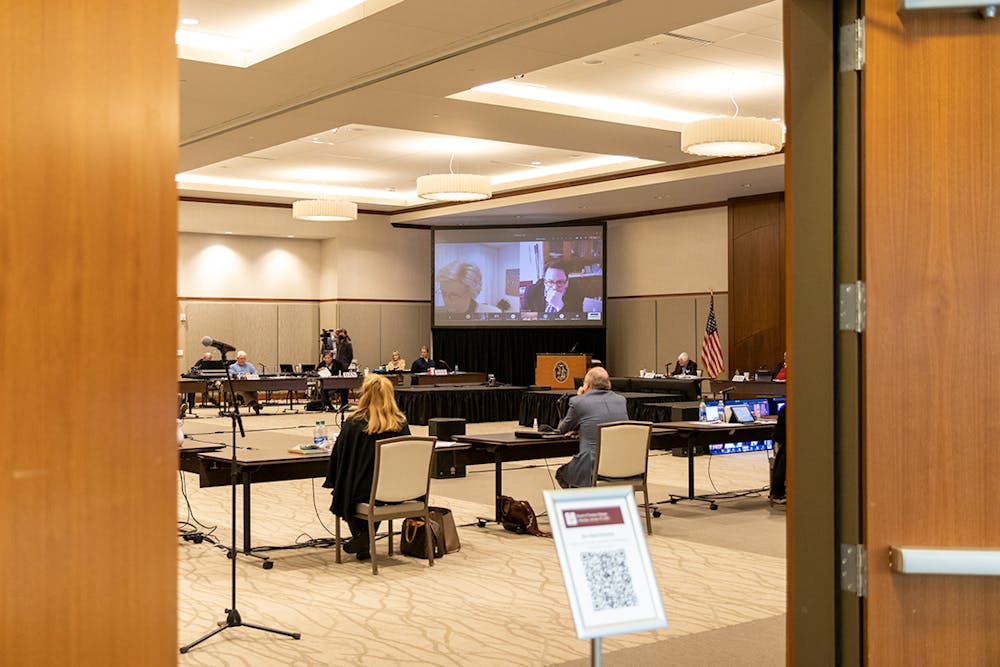There has been outcry about the lack of diversity in the USC board of trustees over past years. We need to see change: USC should have a representative group of board members of different races and backgrounds, rather than a majority of white male members.
Board members "govern university operations, policies, long-range planning," according to the USC website. Most of the members are appointed by the state legislature, and the rest are selected by the governor, according to The State.
The USC board of trustees lacks diversity compared to other public institutions.
According to Inside Higher Ed, “Nationwide averages public boards are made up of 32 percent women and 24 percent racial/ethnic minorities, while the university’s board sits at 14 percent and 5 percent, respectively," as of 2019.
The board of trustees should represent the student body as a whole so that different views can be taken into consideration when making decisions regarding the university. Some of these decisions may include deciding whether or not critical race theory should be mandated for all students and the renaming of controversial campus building names.
The USC board is not at all representative of the student body — while women make up 53% of students and 10.2% of students are Black, the percentage of minorities within the student body is not reflected within the members of the board.
The current USC board of trustees is only 18% female and 9% ethnic/minority out of 22 total board members, according to USC's website. The current board does not represent the university’s mission to create a more inclusive environment.
The lack of diversity on the board contributes to limited ideas and lack of inclusivity in the Gamecock community.
Some issues, such as recognizing our campus history of slavery and outreach to students of marginalized communities, could be overlooked because of our homogenous board of trustees.
A majority white-male board cannot easily tackle the social issues the USC student body faces, such as the university's mishandling of sexual harassment cases. With the lack of female members on the board, it cannot understand the safety concerns women at USC face. Having a more representative board is one step to ensuring the board responds to student concerns and cases of sexual harassment better.
With more female members on the board, it can come up with better solutions to ensure safety within the Gamecock community. Without the experience of being a minority, the current board cannot empathize with marginalized groups in order to effectively make a more inclusive and secure environment.
The state legislature and governor of South Carolina should be proactive in creating a more diverse board for the betterment of USC’s student body.

